Estimated reading time: 12 minutes
I have attended the University of Mississippi three different times. Though I always hated school and was never just lyrically good at it, I have indeed done it a lot. I am also descended from Ole Miss royalty.
Mom was Miss University. She deserved that. She was and is gorgeous. Dad played tight end for Johnny Vaught from 1958 through 1962. His team won the national championship and went undefeated. The argument could be made that it was that magnificent football team that kept the place from literally burning to the ground during the 1962 riots. That was when James Meredith became the first black student admitted to any Mississippi state university.
Table of contents
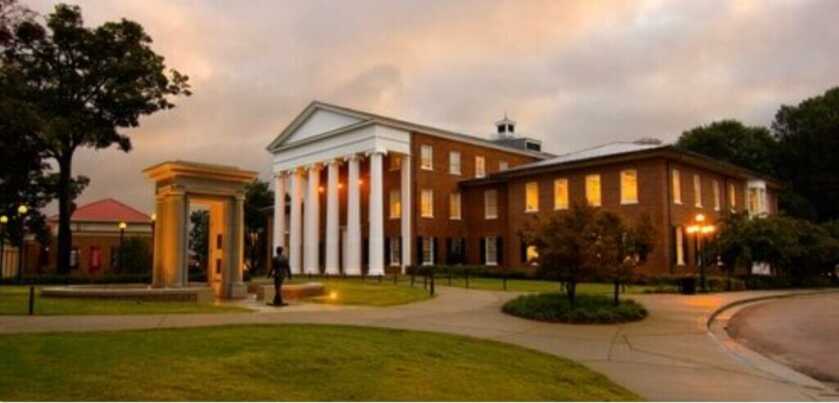
Grey Space
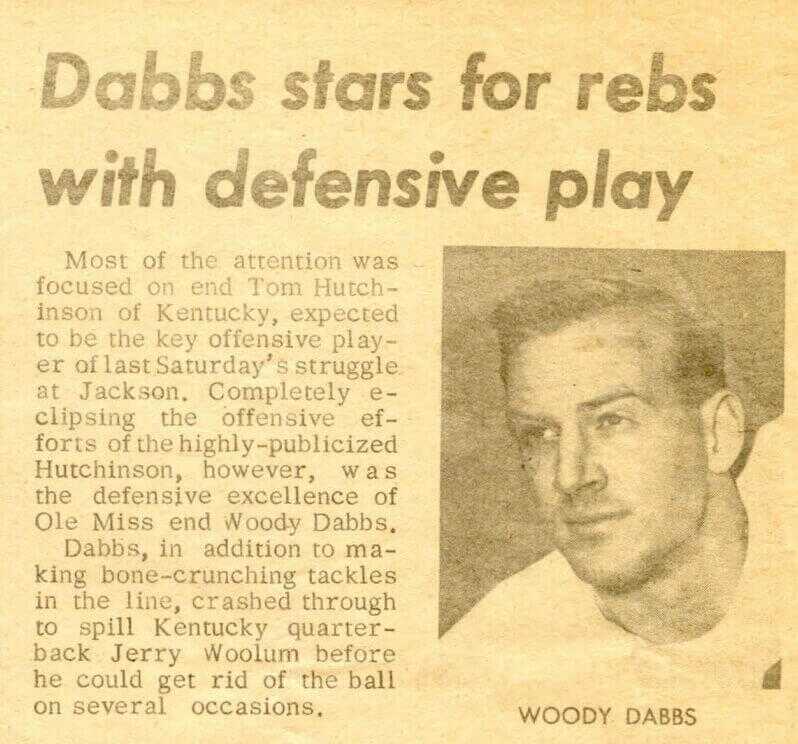
My own family reflects the weird dichotomy that is Ole Miss history. I am incredibly proud of my parents. They are both such amazing people. They love Jesus, and they did a superlative job of raising me and my brothers. Neither of them is racist, despite having spawned from this morally ambiguous institution at a particularly morally ambiguous time.
You can see something similar on a much grander scale embodied within the conflicted history of the school itself. Though the nuances are lost on a modern generation of lamentably binary Americans, imbedded within the school’s history we see the possibility that very good people might support some very bad causes. Today I intend to attempt the impossible. I am going to try to paint the young men who went off to fight and die for the Confederacy in a positive light. Strap in. Here we go…
Available on GunsAmerica Now
Young People are Stupid

There is a reason our society does not let children buy beer or handguns. In our youth, every last one of us was irretrievably stupid. Don’t believe me? Look no further than the recent protests over the Israeli incursion into Gaza.
Much of life is complicated. This is not. On 7 October 2023, Hamas terrorists murdered 1,200 Israelis. Scaled up for our population, that would be the equivalent of 44,000 dead Americans…in a day. In response to the 911 attacks that claimed the lives of 2,977 of our countrymen, we directly and indirectly killed nearly a million people.
I’d be willing to bet that most of the college kids out protesting can’t intelligently articulate the finer theological differences between Sunni and Shia. They would likely struggle to locate the West Bank on a map. Yet they are screaming about the injustice of leveling a place where the rank and file population still actively supports Hamas.
Perhaps stupid is too strong a word. Gullible might be more accurate. However, this tragic, lethal, intractable gullibility is indeed a timeless scourge. It was certainly most profoundly manifest on the Ole Miss campus back in 1861.
The University Origins
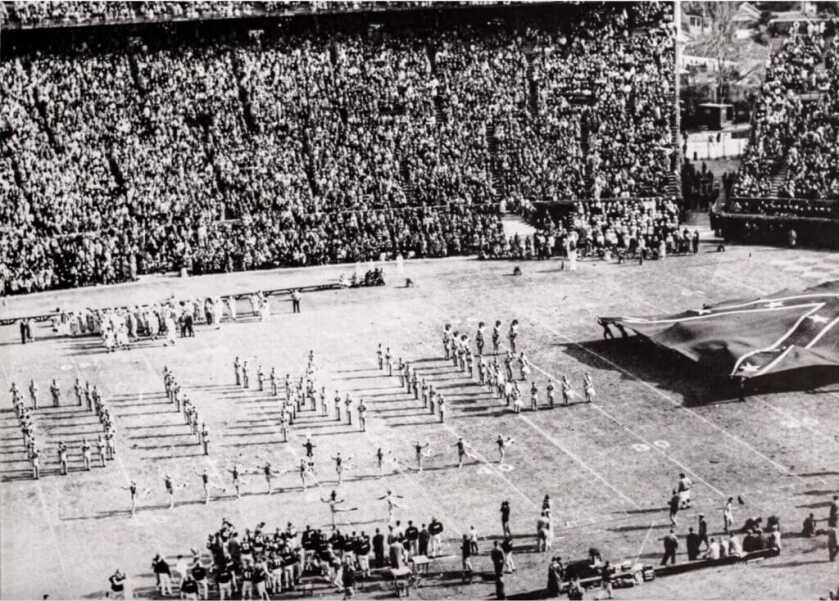
The University of Mississippi accepted its first freshman class of 80 young men in 1848. They eventually called the place Ole Miss. The term, “Ole Miss” originated in 1897 as the title of the school’s first student yearbook–The Ole Miss Annual. A coed named Elma Meek won a contest to suggest the name. She explained that she had oft heard of slaves on Southern plantations referring to the plantation matron as “Ole Miss” to distinguish her from the “Young Misses.” That strikes me as a curious name for a school, but it stuck nonetheless.
For its first 23 years, Ole Miss was Mississippi’s sole institution of higher learning. In 1854, it became the fourth state-supported law school in the country. That same year, the university launched one of the country’s earliest engineering programs. Ole Miss broke new ground in 1882 with the admission of its first female student. Three years later they hired their first female faculty member. This may not seem like much today. It was quite the big deal back then.
War
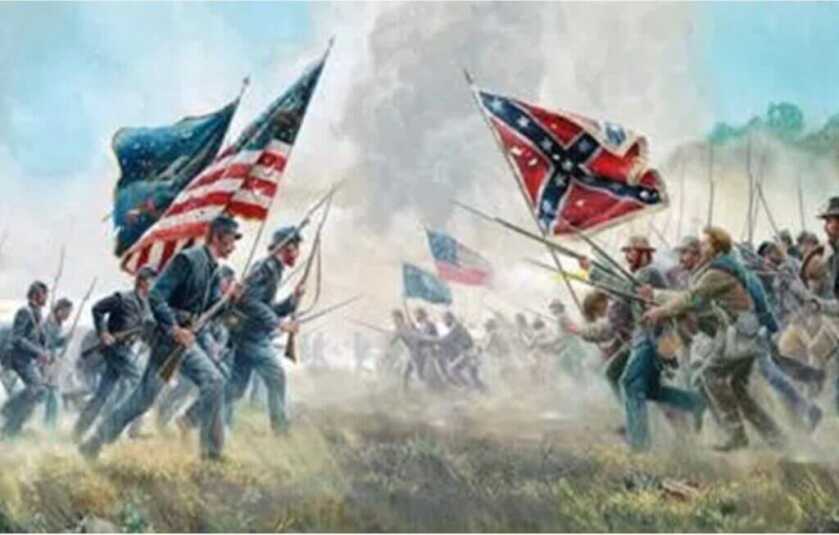
In late 1860, war was looming large. Much smarter folk than I have spilt oceans of ink exploring the many manifest origins of the American Civil War. Apologists focus on states’ rights. Most understandably fixate on the institution of slavery. Reality is no doubt more nuanced than either position might intimate. However, as I said, ours is a lamentably binary society these days. We no longer do nuance terribly well. Regardless, the nation’s ire was rising, and the young people in particular were swept up in its unstoppable fervor.
On 9 January 1861, Mississippi seceded from the Union. This was an unprecedented, heady era for those who lived it. Time had consumed most of those who had known the previous war of revolution as well as that of 1812. An entire generation had not itself tasted the bitter tincture of combat. That was all about to change.
College then was not like college today. Nowadays many in government have come to view higher education as some sort of intrinsic natural right. Back then, however, college was a privilege of the most rarefied sort. The student body in 1861 was small, wealthy, and fortunate. They were also headstrong and patriotic. This turned out to be an explosive combination.
Philosophy
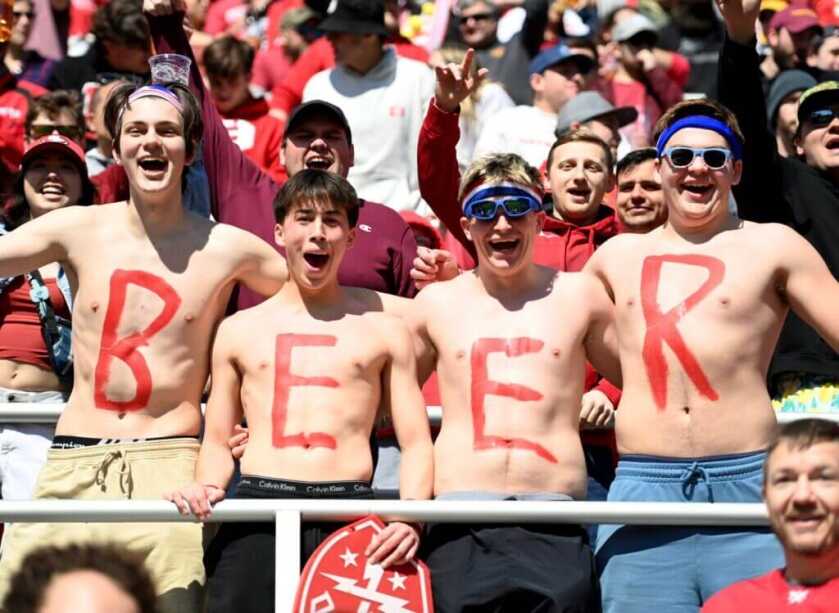
Human beings are tribal. This peculiar sense of tribalism is what makes you climb up to scrub your sister’s name off an overpass, even if she was a turd to you when you were kids. It drives us to take pride in our families, our nation, and our sports teams. It also sends young men off to war.
As soon as war clouds appeared on the horizon, the Ole Miss student body began to prepare. They organized into units, privately purchased arms and uniforms, and began drilling in the grassy circle in front of the Lyceum, the university administration building. When these young men began to volunteer to go off to fight, there were voices suggesting that perhaps the Ole Miss student body was too valuable to lose.
If this thing went sideways, the South would need a seed–a core of intelligent, driven young men to repair and rebuild. Those voices opined that the Ole Miss student body should perhaps sit this one out. These misguided young studs were having none of that.
University Aspirations
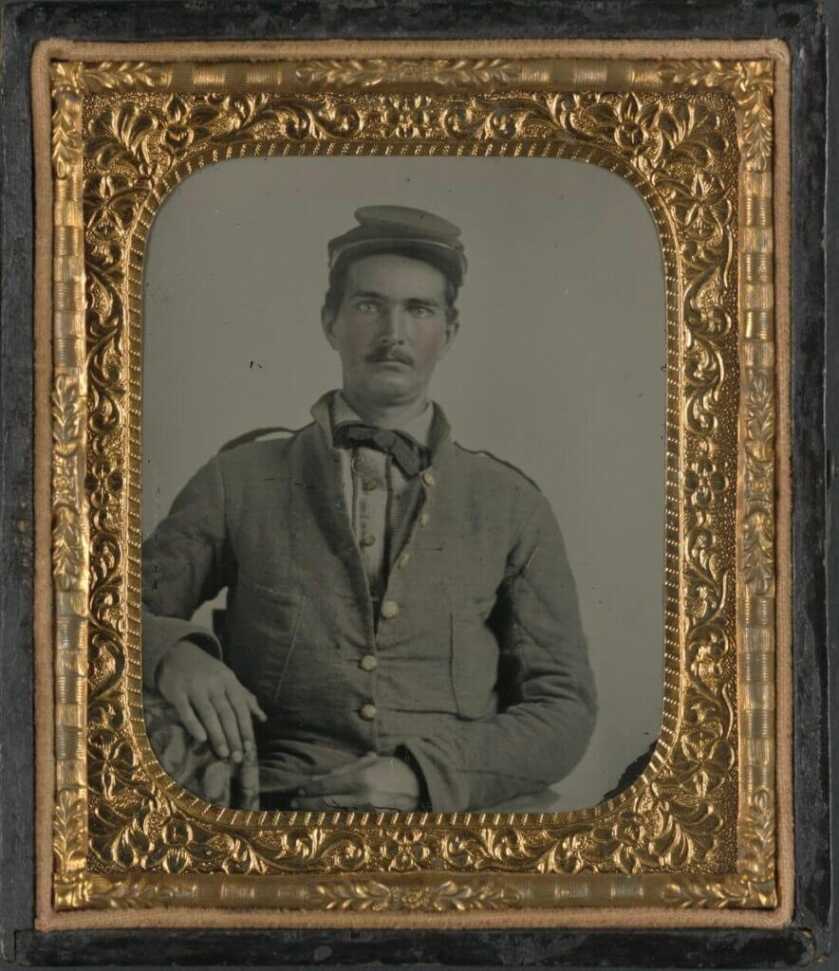
These students actually went to great lengths to earn the privilege of spending themselves on the battlefield for their country. The letters of entreaty they penned to Governor JJ Pettus have survived. They reflect a naïve, misplaced fervor common to all young men. With the benefit of hindsight, they also simply drip with pathos. Here is an example dated 19 March 1861—
Sir:
I have learned that an attempt has been made to rule out this regiment, Capt. Lowry’s Company, here at the University after they have been regularly mustered into service and received their arms. I think it would be a great injustice to do so. They are all young men it is true, but many of them are of legal age, all of them eligible for military service, and they are exceedingly anxious to enter the service. As a company they are really better skilled in military tactics than any company I know of. Many of them have been educated at military schools. I hope therefore they will not be ruled out.
With highest respect I have the honor to be your
Obt. Servt.,
Wm. Delay, Capt., Comdg. Lafayette Guards
P.S. This Company has also been at considerable expense in procuring uniforms &c.
Captain Delay ultimately got his wish.
Campaigning On Campus
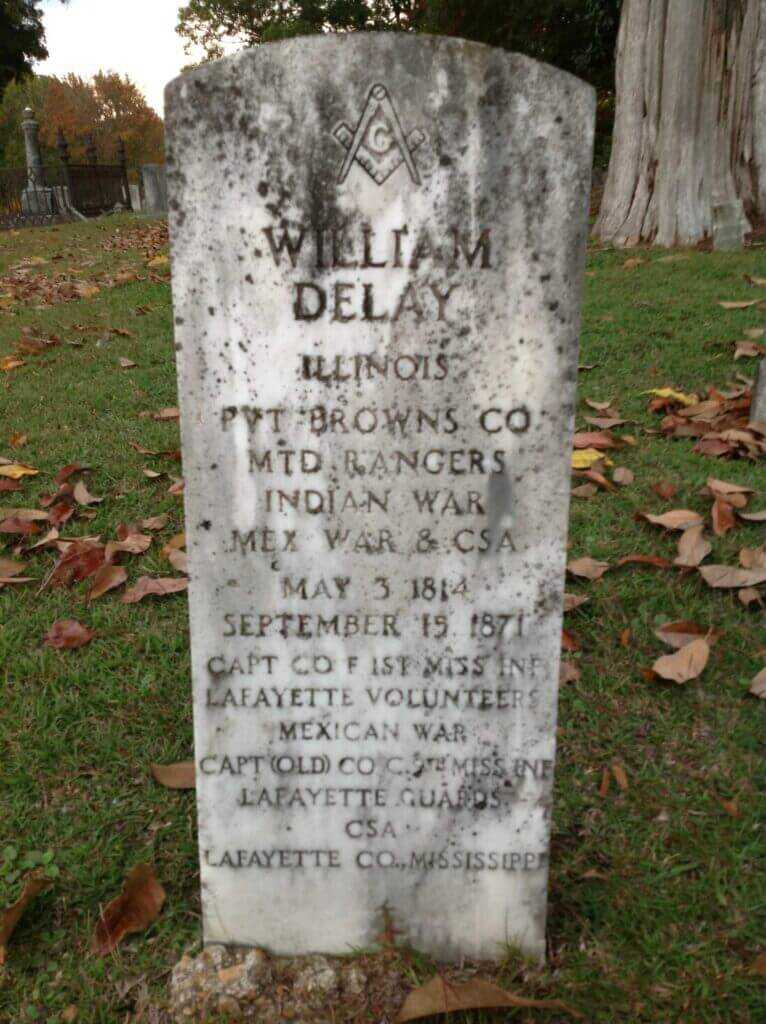
On 4 May 1861, two months after William Delay’s letter was posted to the governor, the entire student body save four souls mustered in front of the Lyceum and enlisted in the Confederate Army en masse. Those remaining four students were inadequate to justify the resumption of classes, so the school was temporarily shuttered. Prior to this moment, those 135 young boys were college students drawn from all over the state. Afterwards, fifty-five of them became Company A of the 11th Mississippi Infantry assigned to Lee’s Army of Northern Virginia.
This company was designated the University Greys. A further seventeen served with the Lamar Rifles, a local militia drawn from the Lafayette County area surrounding the school. The rest were assigned piecemeal to other state regiments. Of those fifty-five original Greys, forty-eight came from slave-owning families.
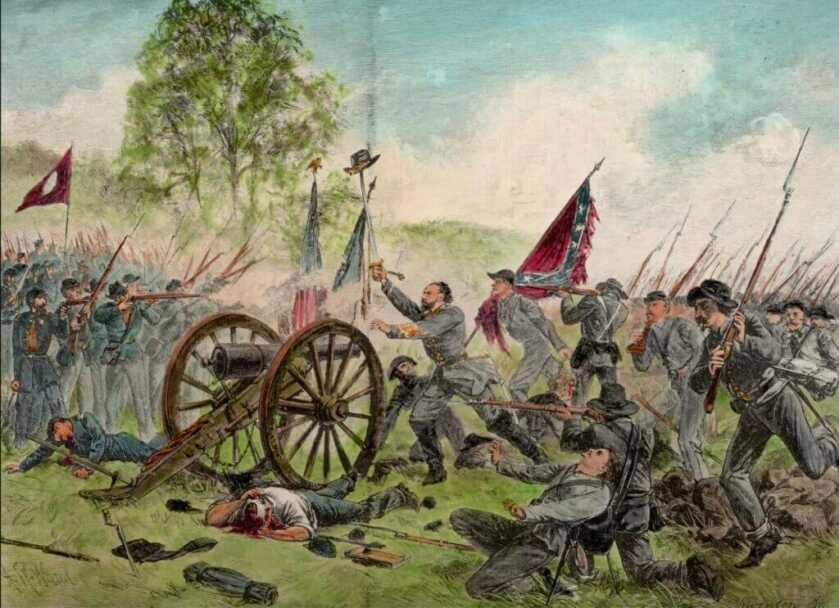
University Greys
The Greys saw action in several campaigns. However, fate placed them in the vanguard of Heth’s Division of AP Hill’s Corps in the summer of 1863. The University Greys led the infamous Pickett’s Charge that came so close to breaking the Union lines on the third bloody day at Gettysburg.
The last man standing fell some twenty yards from the far right edge of the Union line. 3-inch ordnance rifles parked hub-to-hub poured double canister into the rows of butternut, cutting the Rebels down by the dozens. Those last to fall were Company A of the 11th Mississippi. The University Greys advanced farther than any other Confederate combat unit during the American Civil War. Earning that distinction cost them every single member of the company. The Greys were obliterated to a man.
Of the thirty-one university students who started the charge across that bloody field at Gettysburg, fourteen died where they fell while the other seventeen were grievously wounded. The few who eventually recovered were folded into the Lamar Rifles. The University Greys had been attritted to literally nothing.
Ruminations
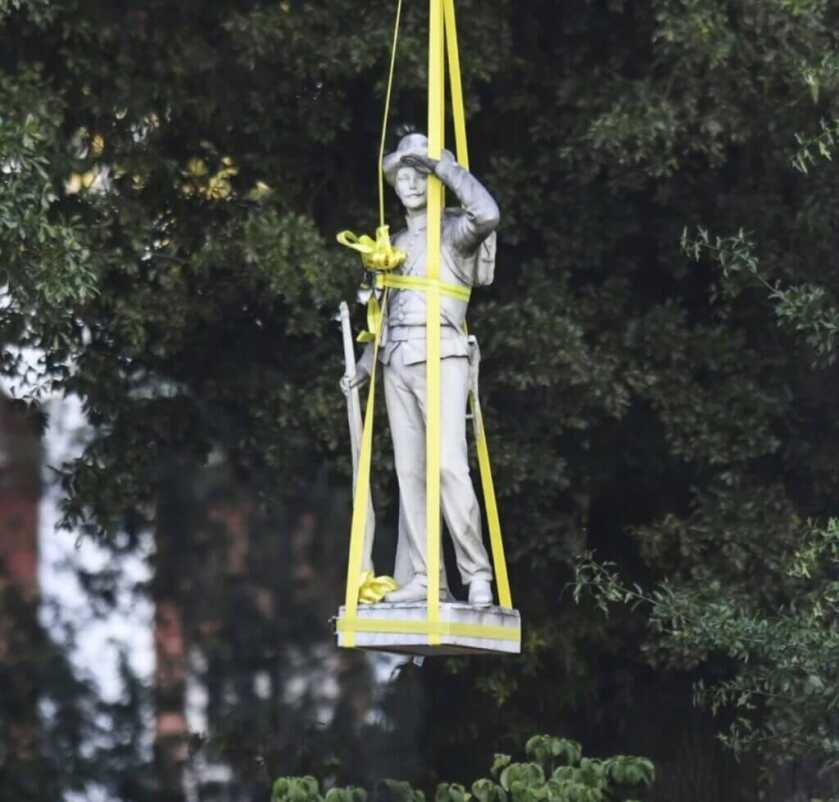
Great hay has been made over the veneration of Confederate luminaries from the Civil War. Statues have been defaced, displaced, defamed, and toppled. Forts Bragg, Benning, Hood, and Rucker are all called something else today. There is a concerted effort in our myopic binary world to obliterate the memories of these young men along with those of the other 258,000 patriotic Southerners who gave their lives for their misguided cause.

READ MORE: Major William Gail White: The Frag Magnet
Politicians and Generals make strategy. Soldiers supply the blood. In the trenches, young men rarely fight and die for lofty causes. They bleed for their brothers on either side. They perish not for their countries but for their friends. In the summer of 1863, the University Greys fell to a man. While the righteousness of their cause is certainly ripe for debate, none should ever doubt the purity of their devotion.
*** Buy and Sell on GunsAmerica! ***












If we are going to glorify people that tried to destroy this country, then let’s tell a tale of Benedict Arnold’s goodness and bravery, why don’t we. Or speak of the godly values of the KKK and Fedboy Woodrow Wilson ?
Thanks for that highly reasoned and factual response! Many including your doubtless heroes in NY and Mass, both considered and viewed succession as an option in the early 1800s, as did those in the South. There is no provision for prison to a voluntarily joined membership/contract. Lincoln you god attacked and fomented hostilities for many reason, but the primary was money. He broke numerous laws, violated the Constitution more than once, and yet is hailed as a hero. Where you stand often is determined by where you sit. Youu can sit on a stick!
Thank you for a great story. My great grandfather was 15 years old in 1861 when he enlisted in the 47th Alabama Infantry Regiment. The family did not own slaves but he felt the call to fight for his country.
He fought in several campaigns starting with the Shenandoah Campaign with Stonewall Jackson. He finished in 1865 with the surrender of General Lee at Appomattox.
He must have been an exceedingly strong and stalwart young man to endure the horror of four years of war and privation that was the Confederate Army.
College students are the stupidest people on earth. That’s why they go to college..because they don’t know anything.They should never be listened too or followed. Further I think a stint in the Army before college would do this country a world of good. And the absolute STUPIDEST people on earth are those that attend military college like West Point. Look at the sad crop of officers we have. They just blew trillions to lose a war against molesters of small boys and goats. Also, remember how these educated dipshits protested South Africa and Rhodesia. They got what they wanted. Look how that turned out.
As a reader of historical events, I enjoyed this article.
See you at the next breakfast.
… “the other 258,000 patriotic Southerners who gave their lives for their misguided cause.”
“Misguided cause”? Although a proud Mississippian for for about 35 years, my maternal ancestors have a long history in the Peach State, wherein I was born. It’s certainly worth noting my kin were poor farmers who were never so prosperous as to own a single slave… yet they spilled their blood on Kennesaw Mountain and other Georgian battlefields in efforts to stop Sherman’s bloodbath. For far, far, far too long, lazy historians, teachers, and authors have given in to the “politically correct” narrative that the Civil War was solely about slavery. These are the same people who cheer Lincoln as “the great emancipator” when he signed the proclamation simply to keep England from entering the war on the side of the Confederacy. English mills were starving for southern cotton, and it seemed likely that England would ally themselves with the Confederacy… UNTIL Lincoln signed the Emancipation Proclamation, thereby making slavery a pertinent issue of the war. England, having discontinued slavery some years prior, could then no longer intercede on behalf of the South and maintain any public support at home. Don’t be lazy, Doc. There’s always more than one side to a story. God’s Word is absolute, but everything else is lacking.
Great article. I like what Shelby Foote told Brian Lamb when asked, had he been alive at the time, why he would have fought for the South. “Because, right or wrong, they are my people” Too bad today’s feckless college administrators, at least the overwhelming majority of them, didn’t have the moral courage to preserve their historical artifacts from the raging mobs.
As a student of the war between the states I soak up all I can gleen from this division in our country. Thank you Dr. Dabbs for this piece on the Mississippi Grey’s. You are well versed on your subjects.
A son of the south…
it’s sad that cretins try to rewrite and destroy history to pollute patriotism and carry out an American hating agenda. you really can’t hate them enough.
Great article Dr Dabbs, i actually live less than a mile from the high water mark of Pickets charge, coincidentaly just yesterday i viewed in a private museum relics of a field burial that was unearthed along with several remains by a direct descendant of the curator back in the 1800s while farming, these were the men of a Mississipp regiment , the whole remarkable story can be viewed on History Underground Gettysburg if anyone is interested. What Valor.
Great story . I am saddened by the name changes to Army installations especially Benning as I was assigned there back in the early 70’s
I wish that students of today could focus on the proper things and leave politics to the idiots.I hope you never forget the technicals of auto gyration it does work I can attest to that.
Some simple research has shown me that your RV6A must indeed be sexy-cool.
Carry on.
Oh,oh, you gave out the secret. “Ole Miss” will now go the way of Ft. Bragg (Ft. Liberty); Ft. Benning (Ft Moore), etc. As before, another stirring fine piece.
Thank you Major, Doctor Dabbs for an excellent perspective of a very complicated and controversial subject. You in your usual expert wordsmith ability have indeed done justice to the “Greys”.
Thank you Major for your service and parenting of your children. The article was amazing and informative to historical account.
Someday we might be allowed to remember and share the history of our country. Good, bad or indifferent be it our history
Good to go!